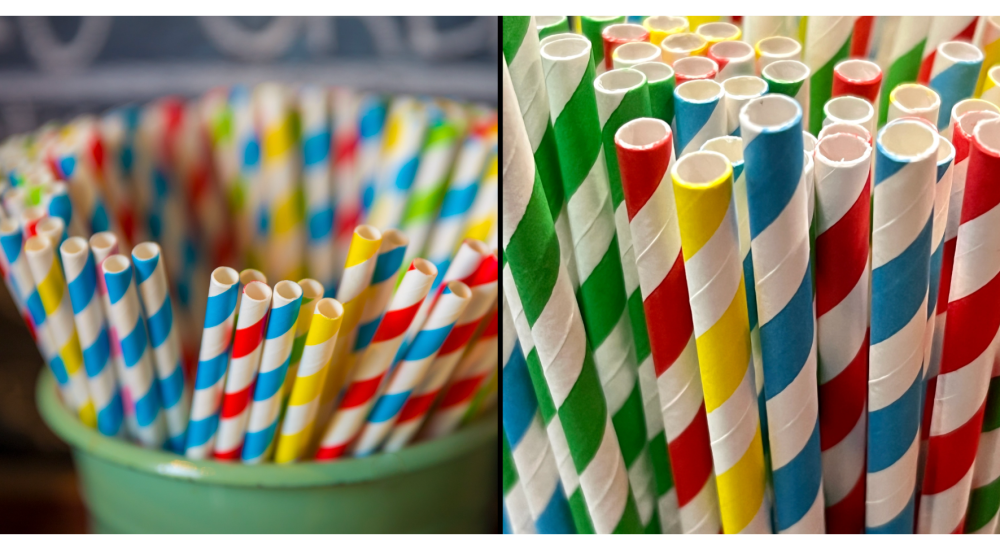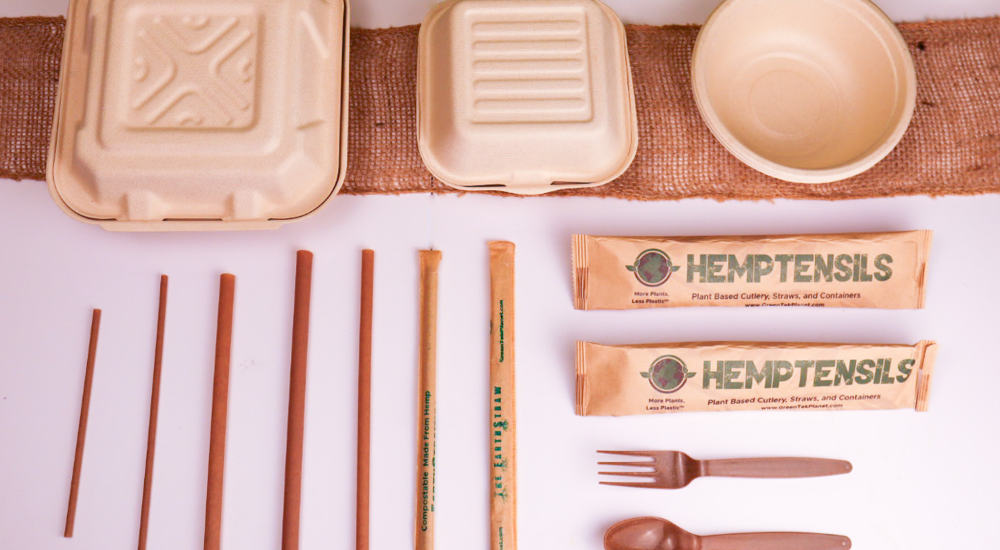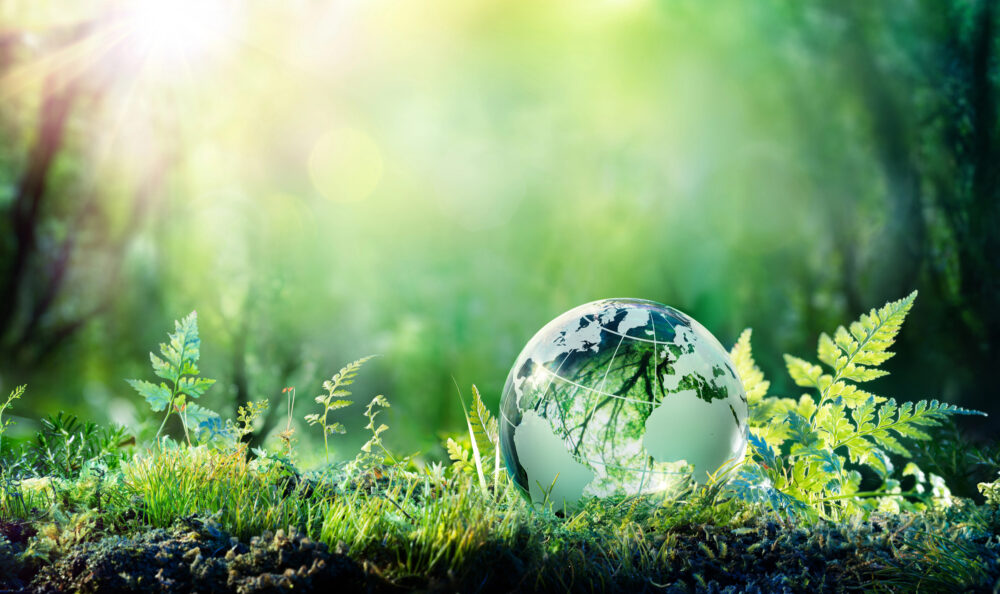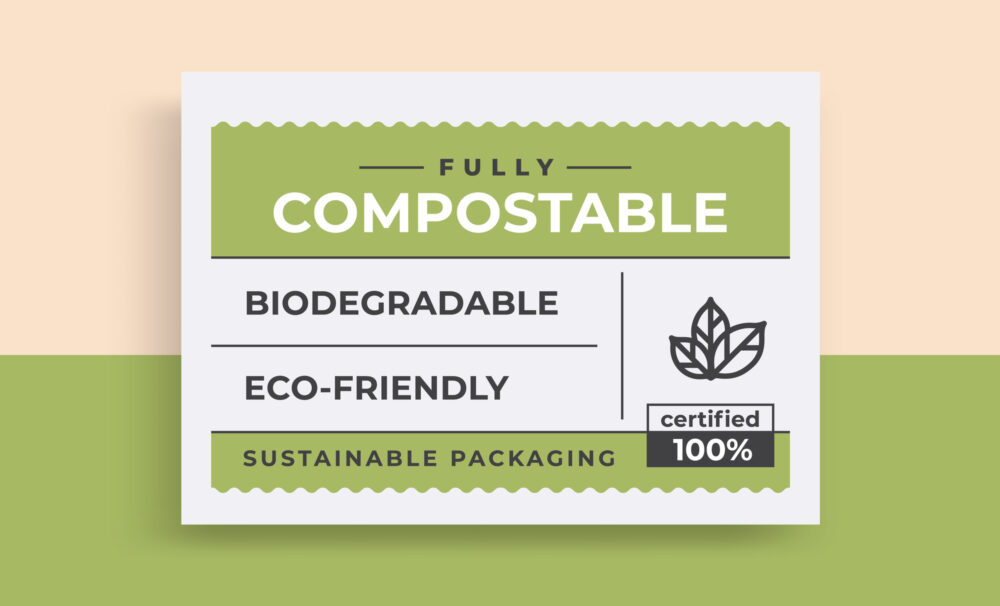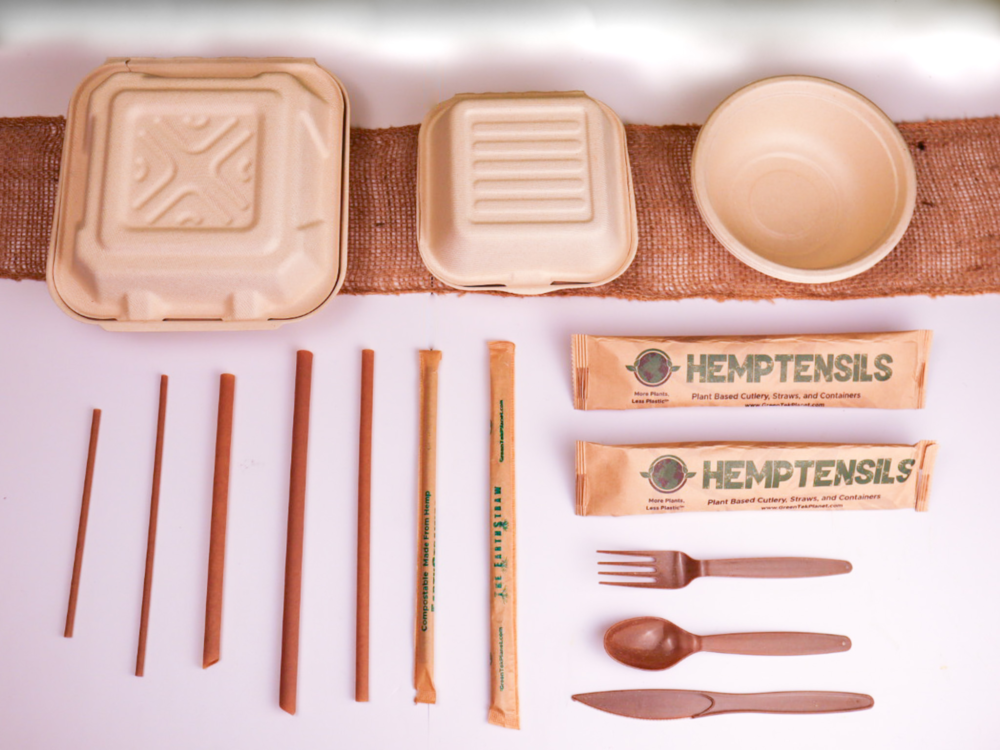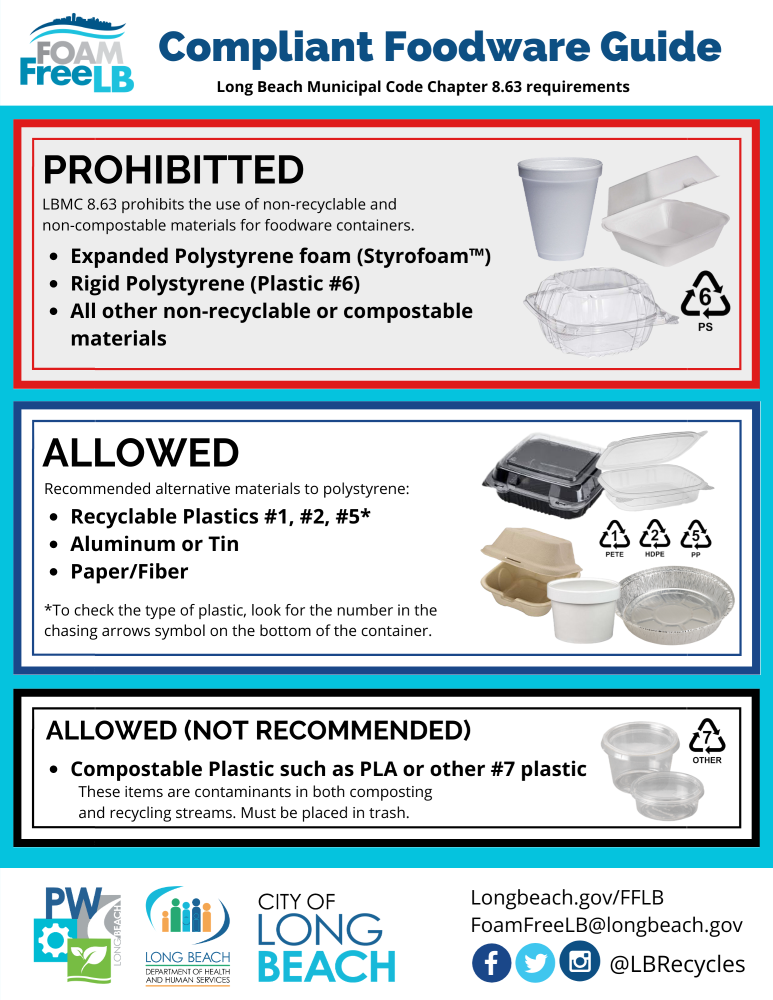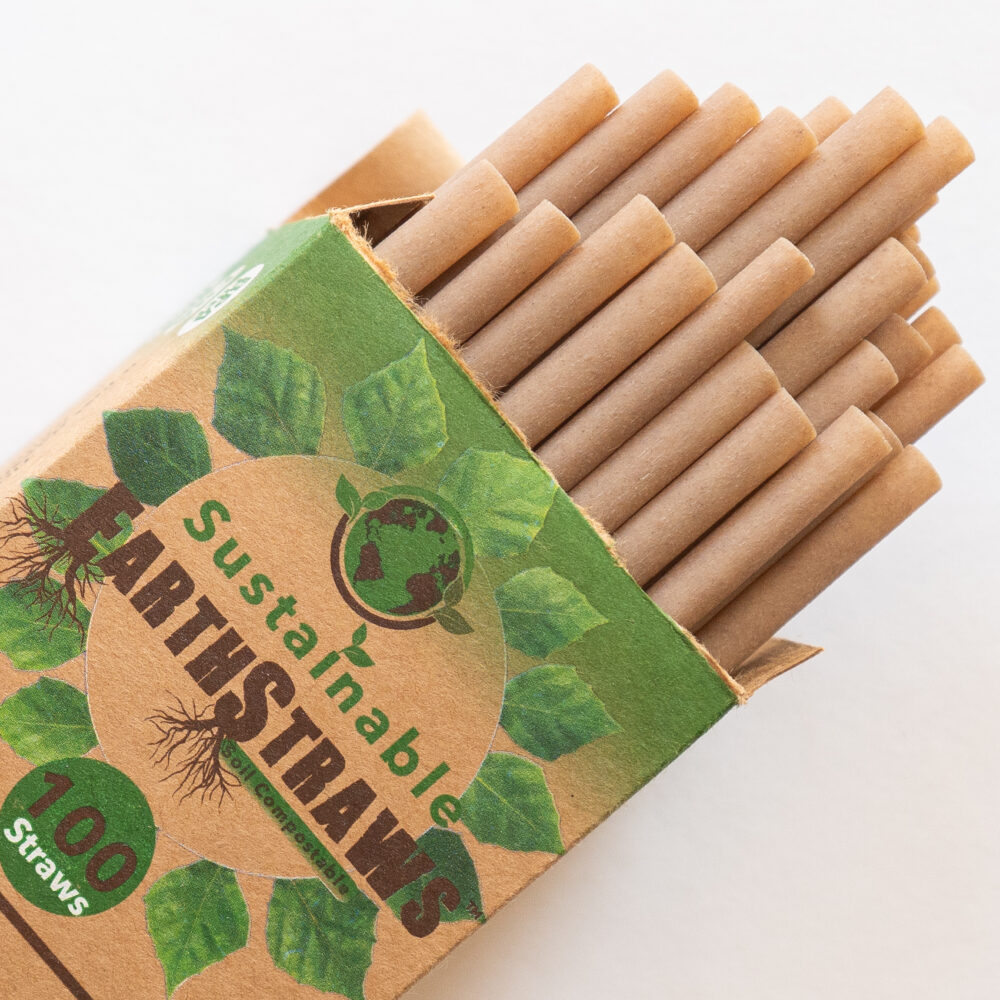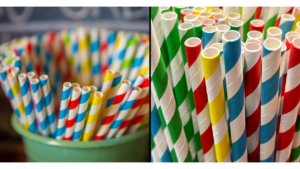
Have you ever picked up a paper or bamboo straw, sipped your iced latte, and thought you were saving the world? Well…
You might’ve been tricked by their earthy appeal. Don’t beat yourself up though! It’s easy to fall for.
Paper feels… natural, right? And bamboo – it grows like wildfire. So they must be eco-friendly options!
The facts are not so straightforward.
In this deep dive, we’ll navigate through the maze of PFAS presence in straws – from paper to stainless steel. We’ll uncover surprising health risks associated with these “forever chemicals”. But that’s not all…
We’re also peeling back layers on how these persistent pollutants affect our environment. Think animal life isn’t impacted?
Think again…
What is PFAS?
Per- and polyfluoroalkyl substances (PFAS) are a group of thousands of synthetic chemicals that are used to make products resistant to water, heat, and stains. They are often referred to as “forever chemicals” because they do not easily break down in the environment and are difficult to destroy. PFAS were first used in the 1940s and are now in hundreds of products, including Cleaning products, Paints, Fire-fighting foams.
PFAS are toxic at extremely low levels (i.e. parts per quadrillion), posing significant risks to our health. The U.S. Environmental Protection Agency (EPA) has classified PFAS as an emerging contaminant on the national landscape. Some PFAS leave the body slowly over time, mostly through urine. People who have kidney disease may not excrete as much PFAS from their body through their urine as healthy individuals. Some PFAS routinely leave the body in blood during menstruation.
PFAS in Different Types of Straws
When we think about sipping our favorite beverages, straws are a common accessory. But did you know that the material of your straw might contain potentially harmful chemicals? Let’s dig into this surprising fact.
The Prevalence of PFAS in Paper Straws
Although paper straws are often seen as a more environmentally friendly option, they have been found to contain potentially harmful per- and polyfluoroalkyl substances (PFAS). According to research conducted by scientists in Belgium, 18 out of 20 brands tested positive for per- and polyfluoroalkyl substances (PFAS). That’s right – paper straws were found to be the most likely culprits containing these compounds.
This is a bit startling considering many consumers have switched over from traditional plastic straws with environmental consciousness at heart. But why should you worry about PFAS?
Known colloquially as “forever chemicals,” PFAS can persist indefinitely within air, water, soil – and yes even inside our bodies once ingested or absorbed. It’s worrying to consider that contact with these substances could potentially cause medical issues such as high cholesterol or low birth weight in newborns.
Understanding the Health Risks Associated with PFAS
Per- and polyfluoroalkyl substances (PFAS) are a group of chemicals that have raised significant health concerns. Exposure to PFAS has been associated with adverse health effects, such as low birth weight and elevated cholesterol levels.
The Connection Between PFAS and Cholesterol Levels
If you think high cholesterol only comes from indulging too much on fatty foods or leading a sedentary lifestyle – think again. Chemical invaders like PFAs might be secretly pushing up those numbers behind your back.
A study published by Environmental Science & Technology Letters, states there’s substantial evidence suggesting links between long-chain PFA exposure (like PFOA & PFOS) with increased total cholesterol level among adults – even after adjusting dietary factors.
- This implies people who have a healthy lifestyle might still be at risk of high cholesterol levels due to these stealthy culprits.
What’s even more shocking is that PFAS can also increase the likelihood of thyroid disease, and elevate risks for kidney and liver cancers. Yes, you heard it right – cancers.
The Environmental Impact of PFAS
Moving on from personal health issues to our planet’s well-being – let’s delve into how “forever chemicals” like PFAS affect our environment.
Key Takeaway:
PFAS, often referred to as “forever chemicals,” pose significant health and environmental risks. Exposure during pregnancy can result in lower birth weights while even healthy adults aren’t safe – they could still face high cholesterol levels due to these sneaky substances. But it’s not just us; our planet also suffers from the persistent pollutants of PFAS.
The Environmental Impact of PFAS
When it comes to eco-impact, few things are as notorious as “forever chemicals,” also known as PFAS (per- and polyfluoroalkyl substances). They’ve earned this ominous nickname because they linger almost permanently in air, water, and soil. So what’s the big deal? Let’s delve deeper.
The Longevity of PFAS in the Environment
Imagine a houseguest who overstays their welcome – by decades. That’s how persistent these PFAS chemicals are. Unlike organic waste that decomposes over time or plastic straws which can take up to 200 years to degrade completely, these chemicals don’t seem eager to leave at all.
This longevity is problematic not just for us but for our future generations too. Because no matter how much we reduce our use now, those already present will continue posing risks due to their ability to stick around indefinitely.
The Effect of PFAS on Animal Life
Beyond lingering forever in our environment, there’s another twist: when you throw something away with these substances into landfills thinking out-of-sight-out-of-mind scenario applies here – think again.
These compounds have a knack for leaching out from landfill sites into nearby water sources and soils. It sounds like an awful plotline from some dystopian novel but unfortunately this is happening right under our noses.
Studies show, wildlife drinking contaminated water or eating plants grown in contaminated soil end up with PFAS inside their bodies. Wildlife consuming PFAS-tainted sustenance and water face a range of health issues, which can ultimately lead to decreased survival rates.
Might you be questioning what this has to do with restaurant supplies? The answer is – everything. Our choices as consumers and manufacturers have direct consequences on our environment.
Key Takeaway:
PFAS, also known as “forever chemicals,” are a serious environmental concern because they don’t break down easily. They linger in the air, water and soil long after their initial use, even making their way into wildlife by seeping from landfills into our ecosystems. It’s important to keep this in mind when we’re choosing products like straws. Surprisingly enough, even those that seem eco-friendly such as paper ones might contain these harmful substances.
The Regulation of PFAS in US Products
With increasing awareness about the potential health risks and environmental impact associated with PFAS, there’s been a rising call for tighter regulations. Yet, navigating the complex world of chemical regulation can be as tricky as trying to sip a thick milkshake through a paper straw.
The Current State of PFAS Regulation
In many regions around the globe, including parts of the United States and Europe, legislation on PFAS chemicals is still evolving. In some cases, it’s more like crawling at tortoise speed than sprinting ahead.
This slow pace might have you feeling more frustrated than a turtle tangled up in plastic waste. But change is happening—albeit slowly—and we’re here to help untangle that mess.
A Global Overview: Who’s Leading?
Nations such as Denmark have set strict standards on food contact materials containing these substances. These measures aim to limit our exposure but also bring attention to alternatives – just like using hemp plastic straws instead of those sneaky paper ones loaded with PFAs.
Switzerland has taken steps too by banning certain types of PFAS in firefighting foam – showing us that tackling this issue requires addressing multiple industries simultaneously.
| Countries Taking Steps Towards Regulating PFA: | |
| Denmark | Banned use in food packaging items |
| Sweden | Banning non-essential uses from July 2023 onwards |
| Switzerland | Banned certain types within firefighting foam |
The United States: A Patchwork Approach
In the US, a patchwork of federal and state regulations has been established. It’s like a quilt stitched together by your grandma, each patch representing different rules across states.
Some states have established their own criteria for PFAS in drinking water. Others have gone even further and completely prohibited certain uses of these substances.
Key Takeaway:
As awareness about PFAS health risks and environmental impacts grows, so does the call for tighter regulations. While it’s a slow process, change is happening globally—Denmark has set strict standards on food contact materials with PFAS; Switzerland banned certain types in firefighting foam. In the U.S., regulation varies by state—from setting drinking water standards to outright bans.
FAQs in Relation to Are Paper and Bamboo Straws Eco-Friendly?
Are bamboo straws eco-friendly?
Bamboo straws are generally considered eco-friendly as they’re renewable, biodegradable, and compostable. However, some may contain PFAS chemicals.
Are paper straws eco-friendly?
Paper straws are often touted as an earth-conscious alternative to plastic ones. But beware – many have been found with traces of PFAS.
Are bamboo straws better than paper straws?
Bamboo outperforms paper in durability and reusability, but both types can harbor PFAS chemicals. Make sure you choose a trusted brand.
Do paper and bamboo straws contain PFAS chemicals?
Sadly, many do. Research has discovered that these supposedly green alternatives frequently carry traces of these harmful “forever” compounds.
Conclusion
So, are paper and bamboo straws eco-friendly? Not quite…
The presence of PFAS in these seemingly earth-friendly options tells a different story.
We’ve learned that PFAS – or “forever chemicals” – stick around in our environment. They pose potential health risks from birth weight to cholesterol levels. And guess what?
Paper straws top the list for their likelihood to contain these persistent pollutants.
If you’re searching for truly eco-conscious alternatives, stainless steel comes out as the champion – no traces of PFAS here!
This journey into understanding how even small choices can impact our planet is just beginning… Are you ready?
Learn more about GreenTek Products.

